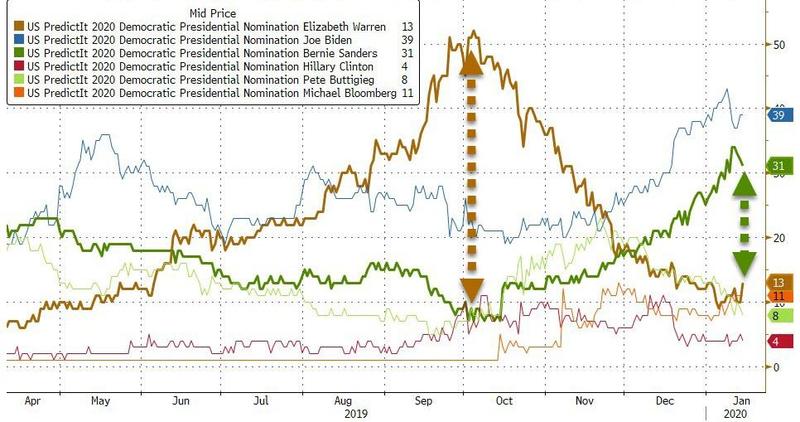Patience makes you rich. I tell this to my kids, my students, and anyone else who will listen.
The theory is simple. If you have a low discount rate, it means that the future is almost as valuable as the present. For example, a "patient" person with a discount rate of 5% is willing to invest $100 if she can earn $105 in one year, a relatively low threshold for investing. In contrast, an "impatient" person with a discount rate of, e.g., 30% is willing to invest only in much more lucrative investments, i.e., those earning at least 30%.
The difference between the two is that the patient person will make more investments (those with a return between 5% and 30%) which will make the patient person rich. Patient people invest more in education, smoke less, exercise, and watch their weight. These activities all demonstrate a concern with the future, at the expense of the present.
Here is
some new evidence:
Patience boosts wealth by much more than marriage or religion. Respondents with discount rates more than one standard deviation above the average of the sample had 29% less net wealth, a loss of around $130,000. More impatient people—similarly controlling for religion, income, race, sex, optimism and education—were more likely to smoke, drink excessively, and miss out on their flu shots and medical examinations.
The title of this blog post is stolen from
colleague Bill Spitz's terrific book




